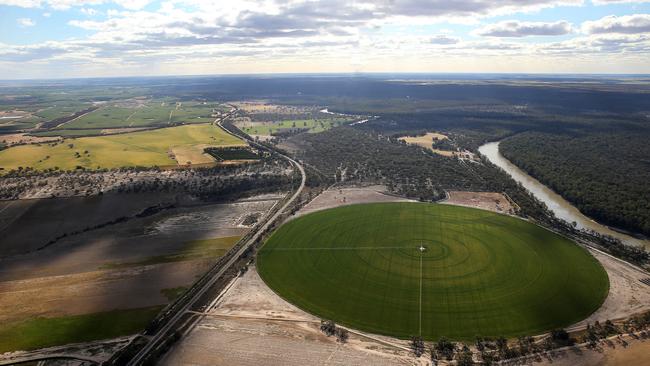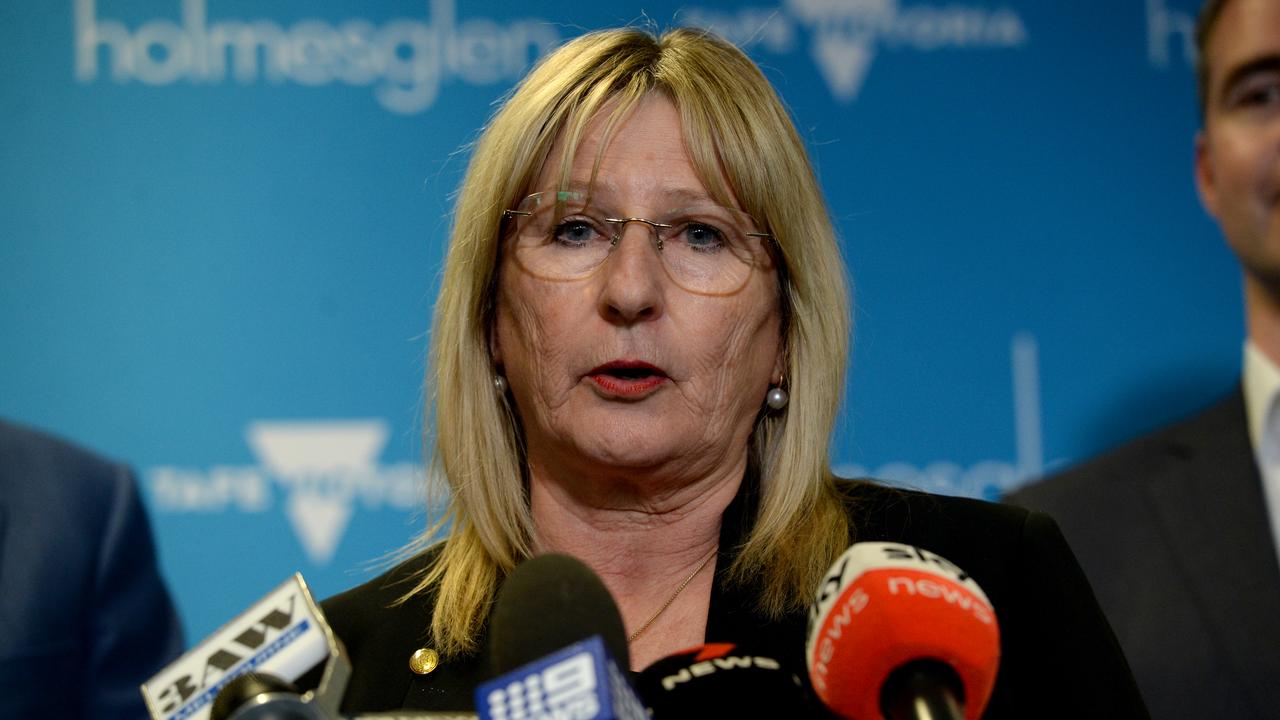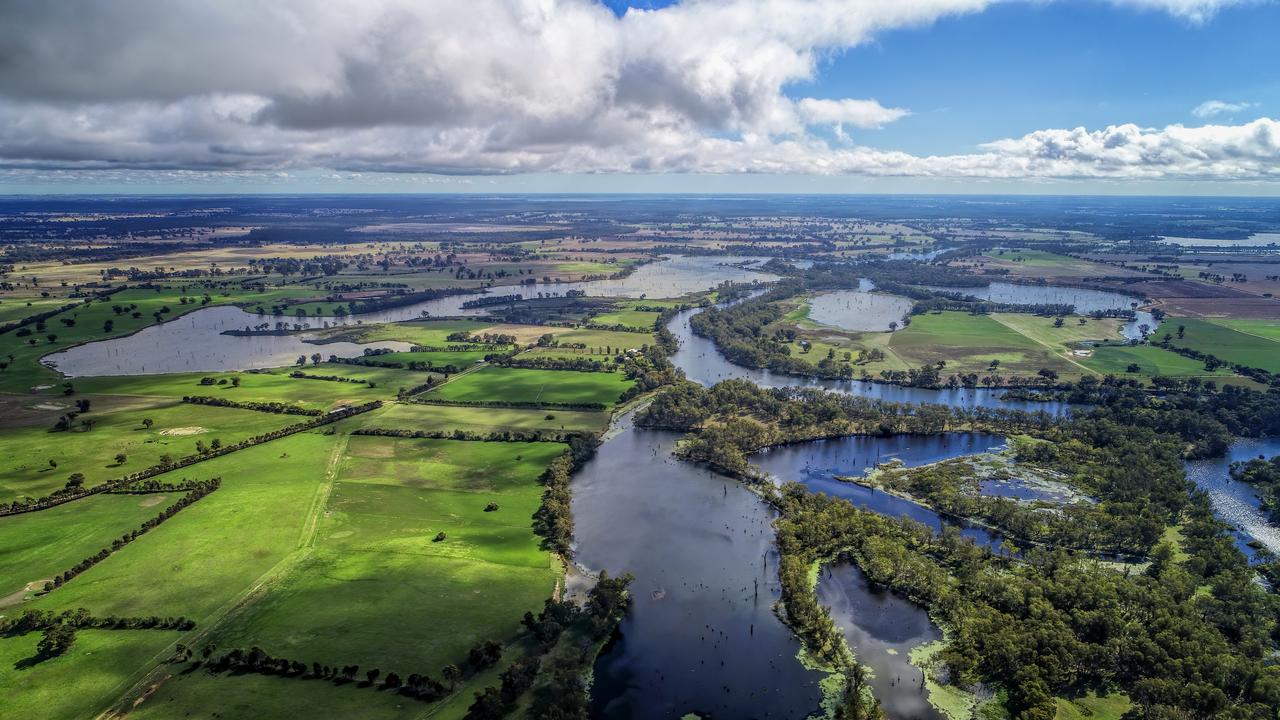Aware Super: Australian fund makes splash in water market
Australian super funds have been reluctant to buy the nation’s scarcest resource – water. But overseas investors see its value.

Australia’s $150 billion Aware Super fund has become a major rival to Canada’s Public Sector Pension Investment Board as one of Victoria’s largest water owners.
The Victorian Water Register last recorded Canada’s PSP Investments as the state’s largest private water holder, with 78,100 megalitres of below-choke Murray River entitlement worth about $600 million, held by its subsidiary Fresh Country Farms of Australia No.4 Water Pty Ltd.
But Aware Super has charged up the rankings to second place after it was formed from the merger of First State Super and VicSuper earlier this year, to hold 63,300ML of entitlement, split between the Murray and Goulburn irrigation systems.
Aware has handed management of its water portfolio to Argyle Capital, but will sell off VicSuper’s Lake Boga aggregation of close to 40 properties that it inherited as part of the merger for an estimated $150m, along with 12,000ML of high and 8000ML of low reliability entitlements.
Management of VicSuper’s water portfolio has been handed to Argyle Capital Partners, whose managing director Kim Morison has battled over the past decade to get local super funds investing in water, rather than just seeing overseas players wade in.
He said maintaining the liquidity of assets was just one major barrier Australian super funds faced, given their members could call on their contributions to be shifted to a rival with just three days’ notice, making it difficult to make long-term investments in water and farms.
“You can ring up Aware and say you want to switch to Cbus and they have to move your cash within three days,” Mr Morison said.
In contrast he said members of North American and European pension funds were locked in, under defined benefit schemes, giving fund managers the security and confidence needed to make long-term investments.
“You don’t have this risk of portability,” Mr Morison said. “So they can model out for 30 years, investing in agriculture and not having to worry.”
Mr Morison would not reveal Aware Super’s total water holdings, but did say more than 70 per cent of it was already leased out to irrigators.
Aither director Chris Olszak said that while Aware Super had become a major player, it was still Canadian and US funds and companies who had done the “lion’s share” of super fund investment in water and irrigation properties over recent years.
He said North Americans understood “water is a scarce resource and increased horticultural development is a high-value use of water”.
In contrast Mr Olszak said Australian funds saw agricultural land and water as “big and lumpy”, compared to shares that were more liquid.
Federal Government’s register of foreign-held water showed that as of June 30 last year 4.3 million megalitres of water was owned by foreign entities, with most investment coming from Canada with 698,000ML, China 662,000ML and the US 660,000ML.
Kilter Rural water manager Matthew Bryant backed up Argyle’s argument, saying most funds were willing to invest unless it was a large parcel they could buy and lease back.
Part of the problem is that while the Australian water market may hold $50 billion of entitlement, Mr Morison said only about $1.5b a year was traded, usually in parcels that weren’t big enough for many super funds, who were looking to invest $200m or more.
But PwC food and agribusiness head Greg Quinn said Australian super funds were finding opportunities to invest in water, farms and rural processors, as the market had deepened and funds had merged.
Mr Quinn highlighted First State Super’s (Aware) $350m investment in chicken meat grower ProTen as a key example, as well as other super funds investing through Roc Partners in Stone Axe Wagu, the Australian Oyster Company and greenhouse tomato grower Flavorite.
“The super funds are participating in more diverse ways,” Mr Quinn said.




